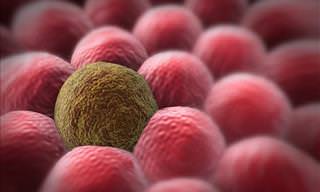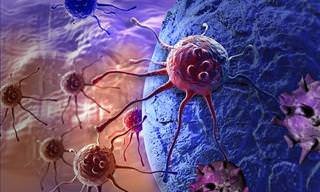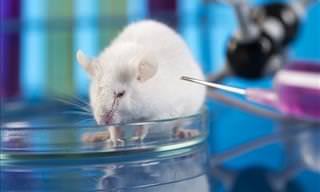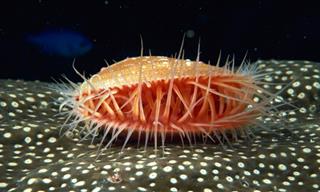A woman has been completely cured of her breast cancer after doctors tweaked her immune system, enabling it to destroy the tumors that had spread throughout her body.
This treatment, which succeeded after all conventional treatments failed, marks the first successful application of T-cell immunotherapy for late-stage breast cancer. While it’s still early days, scientists welcomed its potential as a future cancer treatment for those patients where all other forms of therapy have failed them.
Judy Perkins, a 49-year-old engineer from Florida, was selected to undergo this cutting-edge treatment after several rounds of chemotherapy had failed to kill the tumor, which had spread to her liver. Before the new treatment, she had been given just three years to live.
She was treated by Dr. Steven Rosenberg and his team from the National Cancer Institute (NCI) in Maryland. The clinical trial, which is still ongoing, uses modified T-cells – which make up part of the body’s immune response – to tackle tumors. The doctors have described her return to health as nothing short of remarkable, and she has now been free of cancer for two years.
Immunotherapy, which involves stimulating the body’s natural defenses against cancer, is already being used to tackle certain cancers, and some forms are already available on the NHS. However, the response rate to even the most successful treatments is pretty low, with one recently trialed therapy showing positive effects in only around 10% of prostate cancer patients. Previous clinical trials that used immunotherapy to treat breast cancer have proved largely ineffective.
This new approach pioneered by Dr. Rosenberg and his team is based on an existing technique known as adoptive cell transfer that has proven effective when treating melanoma, but not other types of the disease.
Cancer specialists have described this news as significant evidence that this new approach to immunotherapy could succeed where others have failed. Dr. Rosenberg explained that “this research is experimental right now, but because this new approach to immunotherapy is dependent on mutations, not on cancer type, it is in a sense a blueprint we can use for the treatment of many types of cancer.”
The team’s method involves taking T-cells that specifically target cell mutations within patients’ tumors. These cells are then grown in large numbers in the lab and infused back into the patient.
To treat Judy, Dr. Rosenberg and his team sequenced genetic material from one of her tumors to identify mutations that were specific to her case. They then used this information to pinpoint the T-cells that are capable of targeting those mutations.
Professor Alan Melcher, an immunotherapy expert from the Institute of Cancer Research, says that this study shows “a remarkable success in terms of translating our basic biological understanding of how the immune system responds to cancer into a real treatment of real benefit for this particular woman.”
Nevertheless, he did note that this treatment would probably not work for everyone and that more successful trials will be needed before it can be rolled out to everyone. However, it’s clear that scientists are now on the cusp of a major revolution in cancer treatment.
Source: independent
Images: depositphotos
 Go to BabaMail
Go to BabaMail























































